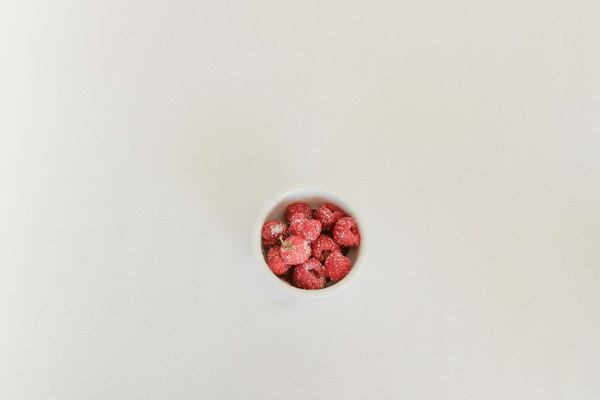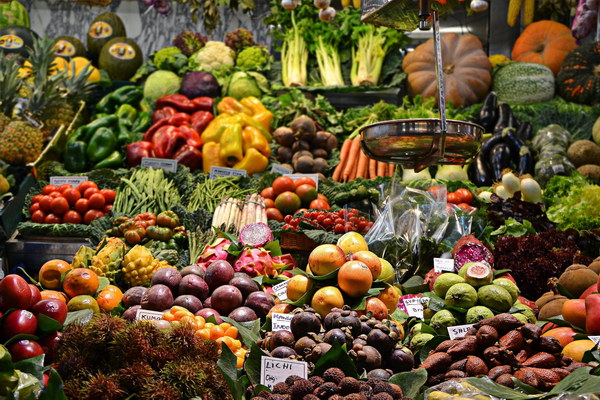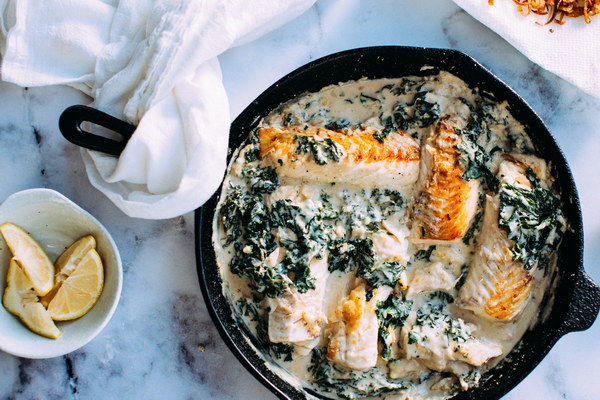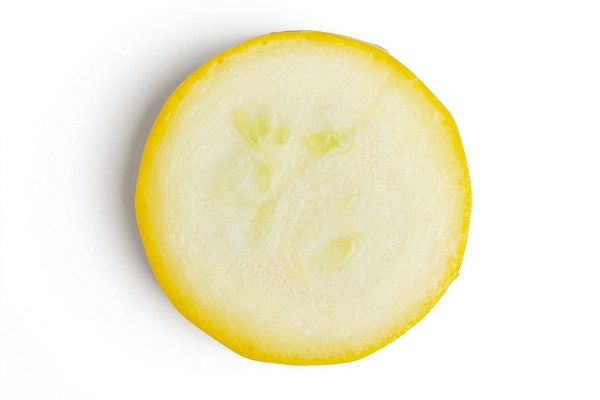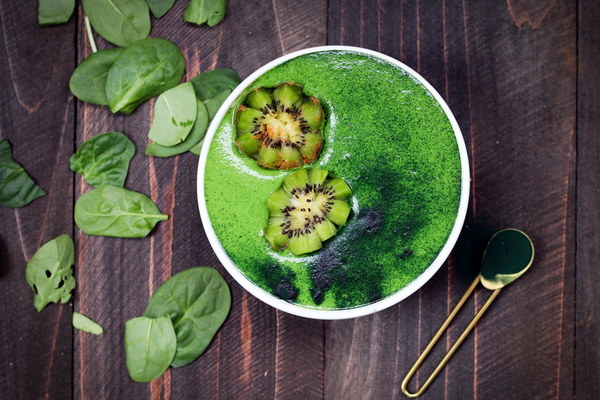Boosting Follicle Development A Nutritional Approach to Enhance Fertility
Introduction:
The journey to conception can be challenging, and one of the key factors in achieving fertility is the development of healthy follicles. While medical interventions play a significant role, dietary adjustments can also contribute to the enhancement of follicle growth. This article explores the benefits of specific foods and nutrients that can support follicle development, providing a nutritional approach to enhance fertility.
1. Understanding Follicle Development:
Before diving into the dietary aspects, it is essential to understand the process of follicle development. Follicles are small sacs within the ovaries that contain eggs. Each month, one dominant follicle matures and releases an egg during ovulation. Factors such as hormonal imbalances, age, and lifestyle can impact follicle development, making it crucial to address these factors holistically.
2. Essential Nutrients for Follicle Development:
a. Folic Acid: Also known as vitamin B9, folic acid is vital for DNA synthesis and repair. It plays a crucial role in the development and division of cells, including those in the ovaries. Incorporating foods rich in folic acid, such as leafy greens, beans, and fortified cereals, can support follicle development.
b. Omega-3 Fatty Acids: Found in fatty fish, flaxseeds, and walnuts, omega-3 fatty acids have anti-inflammatory properties that can help regulate hormonal imbalances. They also support the development of healthy eggs and reduce the risk of ovulatory disorders.
c. Vitamin D: Vitamin D is essential for hormonal balance and plays a role in the regulation of the menstrual cycle. Exposure to sunlight and consuming foods such as fatty fish, egg yolks, and fortified dairy products can help meet vitamin D requirements.
d. Iron: Iron is crucial for oxygen transport in the body and plays a vital role in the production of hormones. Including iron-rich foods such as lean meats, poultry, fish, beans, and lentils can support follicle development.
e. Selenium: Selenium is an antioxidant that helps protect cells from oxidative stress. It also plays a role in the regulation of thyroid function, which can impact fertility. Foods high in selenium include Brazil nuts, seafood, and whole grains.
3. Fertility-Boosting Foods:
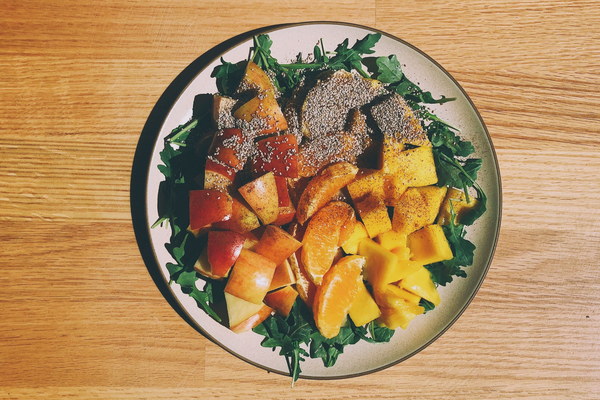
a. Leafy Greens: Spinach, kale, and Swiss chard are excellent sources of folic acid, iron, and vitamin D. These nutrients support follicle development and overall reproductive health.
b. Fish: Salmon, mackerel, and sardines are rich in omega-3 fatty acids and vitamin D. Consuming these fatty fish at least twice a week can help enhance follicle development.
c. Eggs: Egg yolks are a great source of vitamin D and selenium, making them a valuable addition to a fertility-friendly diet.
d. Nuts and Seeds: Almonds, walnuts, flaxseeds, and chia seeds are excellent sources of omega-3 fatty acids, selenium, and vitamin E. These nutrients support hormonal balance and follicle development.
e. Beans and Lentils: These legumes are rich in iron, fiber, and protein, making them a nutritious addition to any fertility-friendly diet.
4. Lifestyle Considerations:
In addition to dietary adjustments, it is essential to maintain a healthy lifestyle to support follicle development. Regular exercise, adequate sleep, and stress management can all contribute to a healthier reproductive system.
Conclusion:
While medical interventions are important, incorporating fertility-boosting foods into your diet can play a significant role in enhancing follicle development. By focusing on essential nutrients and making lifestyle adjustments, you can support your reproductive health and increase your chances of conception. Consult with a healthcare professional or a registered dietitian for personalized dietary recommendations tailored to your specific needs.
